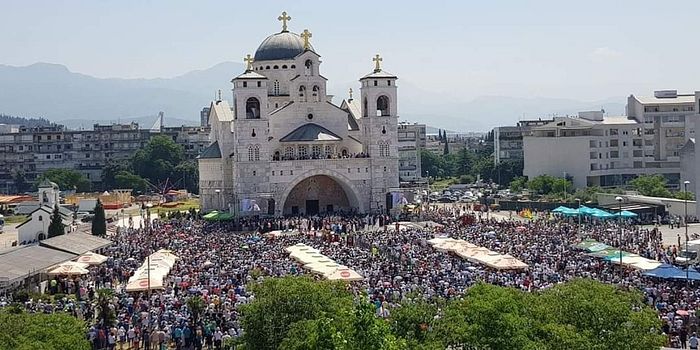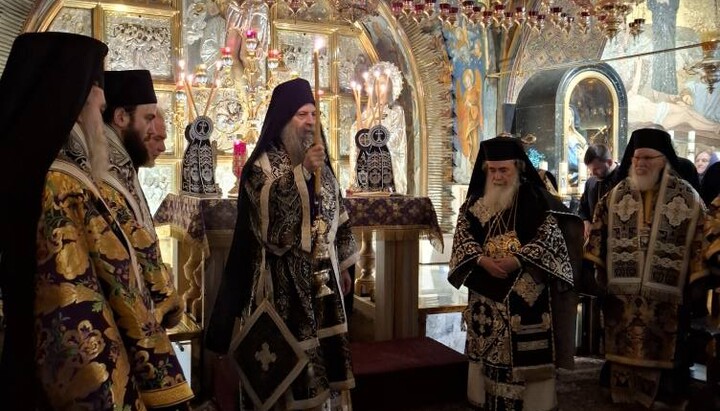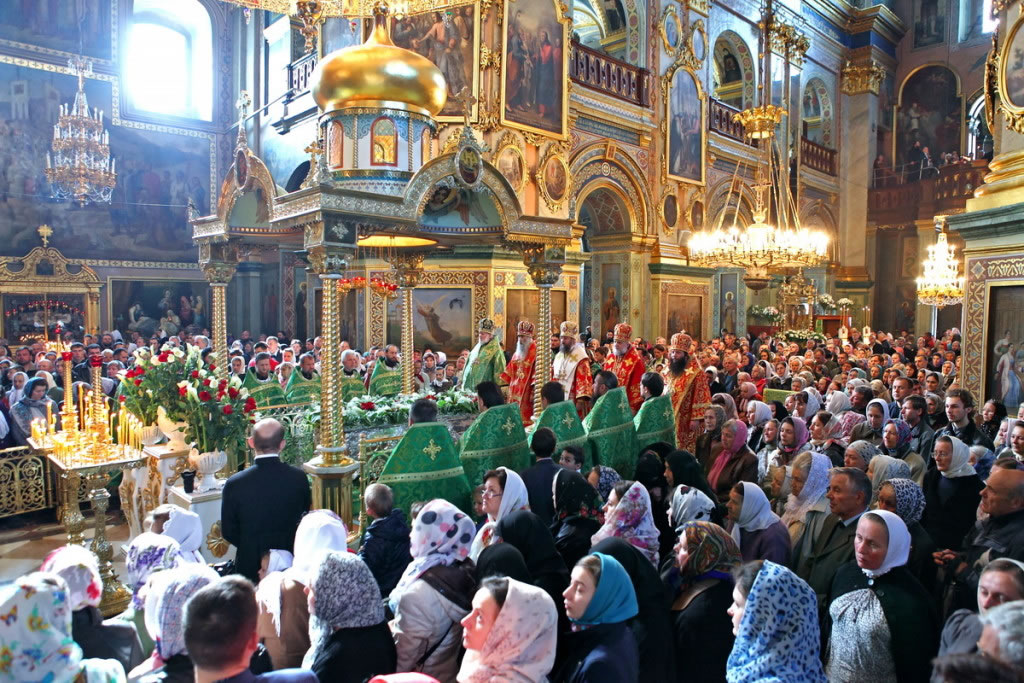In Orthodox Christianity, the heart of our spiritual life is the Holy Eucharist—the Divine Liturgy where we partake of the Body and Blood of Christ. The Holy Eucharist, along with the major Sacraments such as Baptism, Chrismation, and Marriage, are central to our participation in the life of the Holy Trinity.
Yet the richness of Orthodox worship doesn’t stop there.
The Orthodox Church also offers a host of special services and blessings—non-sacramental liturgical acts that sanctify every corner of our lives. These services are beautiful reminders that God’s love is not confined to the altar, but extends into the daily and practical aspects of human experience. Through them, the Church affirms that every part of life—birth and death, joy and sorrow, work and rest—can be directed toward God and receive His grace.
What Are Non-Sacramental Services?
These “special services” are often called non-sacramental not because they lack spiritual significance, but because they are not counted among the seven major Sacraments. Nonetheless, they carry a deeply sacramental character, revealing the presence and power of the Holy Trinity in our lives.
From the blessing of homes and icons, to funeral rites, to seasonal water blessings, the Orthodox Church recognizes that nothing in creation is outside of God’s love and care. These services help us live a life where God is always near—blessing, healing, guiding, and sanctifying.
The Orthodox Funeral Service: Honoring Life, Proclaiming Resurrection
In Orthodoxy, death is not simply a private family matter—it affects the entire Church, for we are all members of the Body of Christ. The Orthodox Funeral Service is a powerful witness to both the sorrow of loss and the hope of resurrection.
Rather than offering sentimental tributes, the funeral liturgy leads us through prayers and hymns that confront the reality of death and proclaim the victory of Christ’s Resurrection. The Church gathers to pray for the soul of the departed, asking God to grant them rest “where there is neither pain, nor sorrow, nor sighing, but life everlasting.”
The Funeral Service Includes:
The Trisagion Service: A short vigil prayer, often offered during the wake.
The Church Funeral: Typically includes the Divine Liturgy followed by the funeral prayers.
Graveside Trisagion: A final farewell and prayer at the burial.
Orthodoxy teaches that the body is sacred—having been the temple of the Holy Spirit—and it will be raised in the final restoration of all things.

Memorial Services: Remembering the Departed with Love
Orthodox Christians never forget the dead. We believe that love continues beyond death, and through prayer, the faithful departed can grow closer to God.
The Church offers Memorial Services (Mnemosyna) to pray for the forgiveness and repose of our loved ones. Traditionally, they are held:
On the third, ninth, and fortieth days after death,
On the one-year anniversary,
And on four “Saturdays of the Souls” throughout the liturgical year.
A symbolic dish of boiled wheat, called kollyva, is often brought by the family and placed in the church. The wheat reminds us of Christ’s words:
“Unless a grain of wheat falls into the ground and dies, it remains alone; but if it dies, it bears much fruit.” (John 12:24)
The Great Blessing of Water: Epiphany and the Sanctification of Creation
Every year during the Feast of Theophany (Epiphany), the Church commemorates Christ’s baptism in the Jordan and the manifestation of the Holy Trinity. Through this event, Christ blessed all of creation—especially water, which represents life and renewal.
The Great Blessing of Water (Megas Agiasmos) takes place on:
The Eve of Theophany,
The Feast Day itself (January 6th).
Holy Water from this service is used to bless homes, people, and the environment. Faithful Orthodox Christians also drink the water as a renewal of their own baptism and a reminder that everything in creation is called to holiness.
There is also a Lesser Blessing of Water, offered on various occasions such as:
House blessings,
The first of each month,
School year beginnings,
New endeavors or responsibilities.

Artoklasia: The Blessing of Bread, Wine, and Oil
The Blessing of Five Loaves (Artoklasia) is a joyful expression of thanksgiving. This service, often held at Feast Days or special occasions, recalls Christ’s miraculous feeding of the multitudes with just five loaves and two fish.
In this blessing, the Church offers:
Bread
Wine
Oil
Wheat
These are the basic elements of life—and the Church reminds us that every good thing comes from God. After the service, the blessed bread is shared among the faithful.
The Akathist Hymn: Honoring the Theotokos with Standing Praise
Among the most poetic and beloved services in the Orthodox Church is the Akathist Hymn to the Theotokos. The term akathist means “not seated,” because the entire congregation stands during this moving service of praise.
It is chanted in four parts on the first four Fridays of Great Lent, and in its entirety on the fifth Friday. This service honors Mary, the Mother of God, for her vital role in salvation history.
A hymn from the service declares:
“By singing praise to your maternity, we exalt you as a spiritual temple, Theotokos…”
While we worship God alone, we venerate Mary as the chosen vessel who bore Christ—the Lord of all creation.
The Service of Supplication (Paraklisis): Prayers in Times of Need
When we are burdened by sickness, temptation, or sorrow, the Church offers the Service of Supplication, also known as Paraklisis. Through this prayerful service, we ask the Lord for healing, peace, and strength.
The Paraklisis is especially directed to Mary, the Theotokos, asking for her intercession as the most faithful human servant of God. One beautiful hymn sings:
“O never-failing protectress of Christians… hasten to intercede for us, O Theotokos…”
There are two forms:
The Lesser Paraklisis, commonly offered during the first two weeks of August,
The Greater Paraklisis, offered less frequently but filled with rich theological meaning.
Bringing God Into Every Moment
These special services and blessings of the Orthodox Church show us that faith is not just about Sundays or sacraments—it’s about every day. From mourning a loved one to blessing your home, from honoring the Mother of God to drinking sanctified water, the Orthodox Church offers countless ways to invite God’s grace into the ordinary rhythms of life.
Through these sacred services, we are reminded that nothing is secular, and that in Christ, all things can be made holy.
Are you new to Orthodoxy or want to learn more about these beautiful traditions? Subscribe to our blog and receive updates on feast days, services, and Orthodox Christian life.

